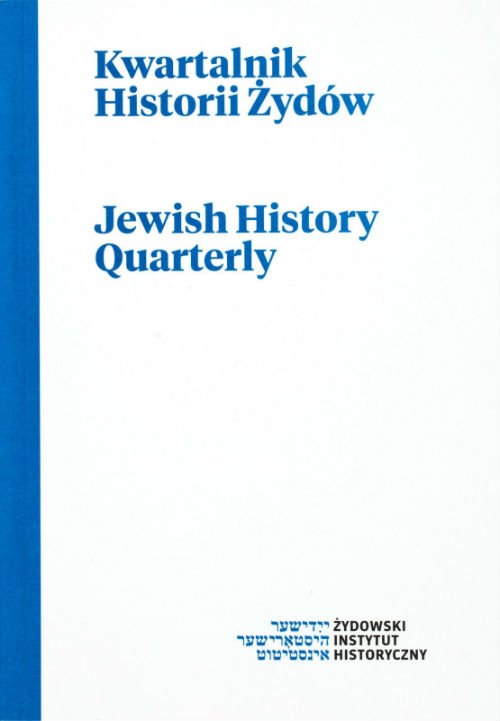Institutions of Jewish Self-Government in Greater Poland (Wielkopolska) in the 17th and 18th Century
Institutions of Jewish Self-Government in Greater Poland (Wielkopolska) in the 17th and 18th Century
Author(s): Anna Michałowska-MycielskaSubject(s): History
Published by: Żydowski Instytut Historyczny
Keywords: Greater Poland; kehillah organization; kehillah officials
Summary/Abstract: The article looks at the operation of self-government in Greater Poland Jewish communities: the election system, the powers of elected officials and employees, community assemblies, the tax and judiciary systems. The rabbi, the most important of the employed servants, had to come from outside Greater Poland, and in the case of Poznań the community rabbi was at the same time the regional rabbi. There was a clear policy of the kehillahs’ efforts to limit the rabbi’s authority, as illustrated by the fact that a contract was signed with him for a specified period of time, which created a mutual dependence in exercising power. The article also shows the extent to which the Jewish community was self-sufficient and could cater to various needs of its inhabitants, be it religious, charitable, educational, judiciary, etc. An important role in exercising power in a community was the control exercised over the inhabitants. This involved a system of permits or concessions, the principal one among them being the residence permit, or the citizenship of the community. Other methods of ensuring obedience were various forms of punishment, extracting of oaths (occasionally enhanced with financial guarantees) and excommunication (herem).
Journal: Kwartalnik Historii Żydów
- Issue Year: 220/2006
- Issue No: 04
- Page Range: 598-606
- Page Count: 9
- Language: English

